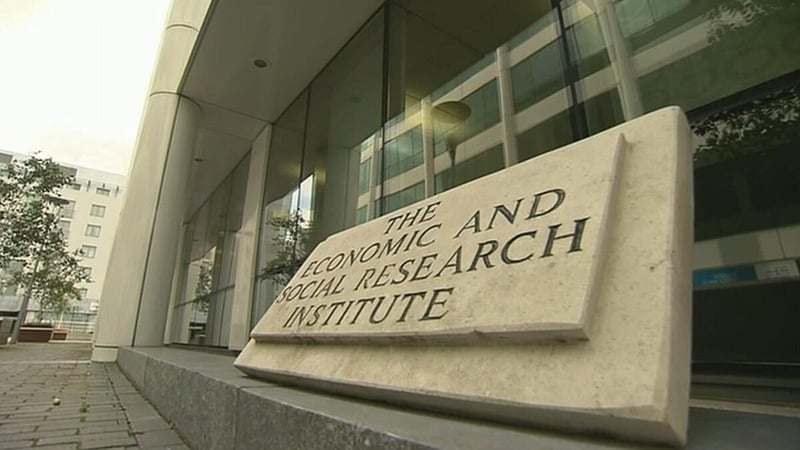Four out of five rented properties are below the B2 standard and retrofitting the rental sector would cost between €7 billion and €8 billion, according to new research from the Economic and Social Research Institute.
Making Ireland’s homes energy efficient to cut emissions is a key strategy in the Government’s Climate Action Plan.
The costs of upgrading to a B-rating vary substantially but are estimated to be €43,000 on average for G-rated properties.
Upgrades for C-rated properties are just under €30,000, according to 2023 prices.
The report also finds that retrofitting only the lowest efficiency rentals with current BER of E1 or below is between €1.7bn and €2.3bn.
The ESRI said the report examines the investment needed for upgrades and evaluates the financial ability of different stakeholders in the private rental housing sector to cover such costs.
One of the report’s authors, ESRI Associate Professor Conor O’Toole, said retrofitting the rental sector is a “major challenge”.
Speaking on RTÉ’s Morning Ireland, he added: “That investment cost, at the outset, is going to be incurred by property owners… then typically if there’s a major improvement in the property that would be passed through to the rent prices.”
We need your consent to load this rte-player contentWe use rte-player to manage extra content that can set cookies on your device and collect data about your activity. Please review their details and accept them to load the content.Manage Preferences
The report also looks at the financial capacity of landlords in the private housing rental sector.
Prof O’Toole said the key aim with studies like these is to figure out where the situation is now and how to move forward.
“Thinking about the numbers involved here – between 240,000 to 260,000 properties – investments of between €30,000 and €45,000 per property, depending on where the property is on the BER scale, thinking about the landlords and their willingness or ability to make those investments, there is a major challenge for the sector,” he said.
“In particular those household landlords, the one to two or three property owners, wouldn’t have a huge amount of their own funds to invest. They’re going to need external financing to make those investments.
“They may even think is it worthwhile for them to make those investments, to then reappraise their investment and what is the risk return trade off.”
Concerns from Irish Property Owners’ Association
In a statement, the Irish Property Owners’ Association (IPOA) said that extensive retrofitting could worsen Ireland’s rental crisis.
It claimed that private landlords are already making efforts to improve energy efficiency, but are being disproportionately targeted by restrictive policies.
Quoting data from the Central Statistics Office, it said that 8.9% of RTB-registered rental properties have a BER of F or G, compared to 15% of Irish owner-occupied homes.
The IPOA warned that retrofitting may lead to landlords temporarily leaving the market, which it described as a “fundamental flaw”.
It said it may also be a deterrent to landlords making potential properties available for rent.




